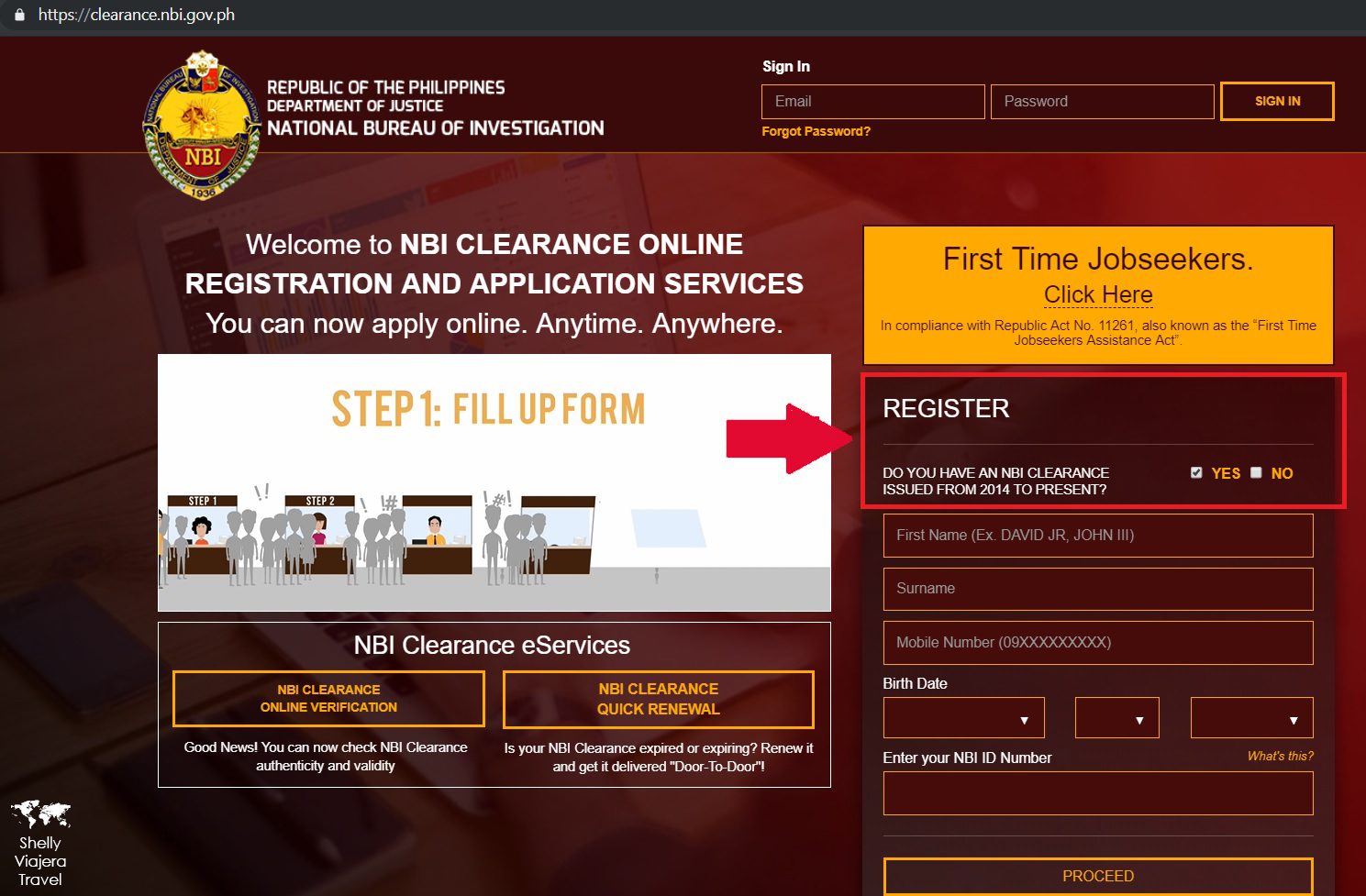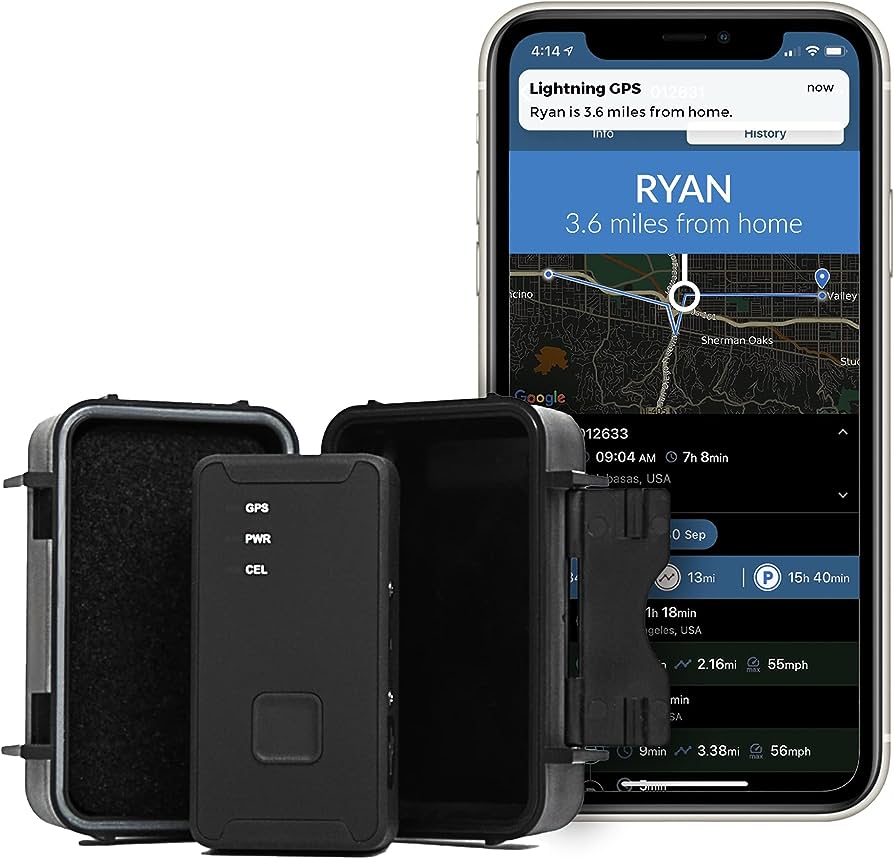To track spending, create a budget and record all expenses accurately for proper analysis and control. Managing your finances requires a clear understanding of where your money is going.
By tracking your spending, you can gain insight into your financial habits and make informed decisions to achieve your financial goals. Whether you want to save more, reduce debt, or simply gain a better understanding of your expenses, tracking your spending is essential.
This process involves creating a budget, recording all your expenses, and regularly reviewing and analyzing your spending patterns. We will discuss some effective strategies to help you track your spending and achieve financial success.
Understanding The Importance Of Tracking Spending
To effectively manage your finances, understanding and tracking your spending is key. Discover how to track your expenses and gain control over your financial situation.
Keeping track of your finances is a vital aspect of achieving financial success. When you understand where your money is going and how you are spending it, you can make better decisions that align with your financial goals. Tracking your spending allows you to have a clear picture of your financial situation, which is essential for making informed choices about your money.
Benefits Of Tracking Spending:
The benefits of tracking your spending go beyond just having a record of your expenses. Here are some advantages to consider:
- Better financial awareness: By tracking your spending, you become more aware of your financial habits and patterns. This knowledge empowers you to identify areas where you can make necessary adjustments and improve your financial well-being.
- Identifying unnecessary expenses: Tracking your spending helps you pinpoint unnecessary expenses that can be eliminated or reduced. This can free up funds for more important financial goals, such as saving for emergencies or investing in your future.
- Budgeting and financial planning: Tracking your spending is an integral part of creating an effective budget. It provides the information needed to allocate funds wisely and plan for both short-term and long-term financial goals.
- Protecting against overspending: When you track your spending, you have a real-time view of your expenses. This awareness serves as a guard against overspending and helps you stay within your financial limits.
- Tracking progress towards goals: By monitoring your spending, you can measure your progress towards your financial goals. Regularly reviewing your finances allows you to adjust your strategies and see how close you are to achieving your targets.
Link Between Tracking Spending And Financial Goals:
Tracking your spending is directly linked to your financial goals. It allows you to align your actions with your desired outcomes. Here’s how tracking spending helps you achieve your financial goals:
- Accountability: Tracking your spending holds you accountable for your financial decisions. It forces you to confront your spending habits and adjust them if necessary.
- Identifying patterns: Through tracking, you can identify spending patterns that may be hindering your financial progress. This awareness enables you to make changes and prioritize your financial goals.
- Tracking progress: By monitoring your spending, you can track your progress towards specific financial milestones. This motivates you to stay on track and make the necessary adjustments to reach your goals.
- Course correction: Tracking spending helps you identify areas where you may be overspending or not allocating enough funds. This information allows you to make the necessary course corrections and ensure you are on the right path towards achieving your financial goals.
Why Tracking Spending Is Essential For Financial Success:
Tracking your spending is an essential practice for achieving financial success. Here’s why it is crucial:
- Control over your money: When you track your spending, you gain control over your money instead of letting it control you. This control allows you to make informed decisions that align with your financial goals.
- Smart decision-making: By tracking your spending, you have the necessary information to make smart financial decisions. This empowers you to allocate your funds wisely and focus on what truly matters to you.
- Building good financial habits: Regularly tracking your spending helps you build good financial habits. It encourages mindful spending, responsible budgeting, and making intentional choices with your money.
- Financial security: Tracking your spending supports your long-term financial security. It allows you to save for emergencies, plan for retirement, pay off debts, and invest in your future, ultimately leading to a more secure financial position.
Tracking your spending is an essential step in gaining control over your finances and achieving your financial goals. By understanding the importance of tracking your spending, you can make informed decisions and pave the way for financial success.
Getting Started With Tracking Spending
Learn how to track your spending effectively with these expert tips. Discover simple techniques to monitor your expenses and take control of your financial goals.
Tracking your spending is an essential step towards achieving financial stability and managing your budget effectively. By carefully monitoring where your money goes, you can make informed decisions about your expenses, prioritize savings, and avoid unnecessary debt. To get started with tracking your spending, follow these three key steps:
Setting Up A Budget:
- Begin by assessing your income and determining how much you can allocate towards various expenses and savings.
- Identify fixed expenses such as rent or mortgage payments, recurring bills, and loan payments.
- Determine variable expenses like groceries, entertainment, transportation, and discretionary spending.
- Allocate a portion of your income towards savings and emergency funds to build financial resilience.
Creating Spending Categories:
- Categorize your expenses into different groups to gain a clear understanding of your spending patterns.
- Common categories may include housing, utilities, transportation, groceries, dining out, entertainment, debt payments, and savings.
- Customize the categories based on your specific circumstances and priorities, ensuring they are comprehensive yet manageable.
- Aim for simplicity and consistency so that you can easily track and analyze your expenses.
Determining Tracking Methods:
- Choose a tracking method that aligns with your preferences and fits into your routine effortlessly.
- Traditional methods include using a pen and paper or maintaining a spreadsheet manually.
- Modern methods involve utilizing mobile apps or budgeting software, which offer convenience and automation.
- Some apps can link with your bank accounts and credit cards, automatically categorizing transactions for easy tracking.
- Experiment and find a method that works best for you, whether it is a combination of different methods or a single approach.
By following these steps and consistently tracking your spending, you will gain valuable insights into your financial habits and be better equipped to make informed decisions about your budget and savings goals. Remember, tracking is just the beginning – it is crucial to regularly review and analyze your expenses to ensure financial success and adjust your budget as needed.
Effective Tools And Techniques For Tracking Spending
Learn essential tools and techniques for effectively tracking and managing your expenses. Discover easy methods to stay on top of your finances and make informed financial decisions.
Tracking your expenses is an essential part of managing your finances. Fortunately, there are several effective tools and techniques available to help you keep tabs on your spending. From budgeting apps to spreadsheet templates and online banking tools, these resources make it easier than ever to gain insight into your financial habits.
Let’s explore these methods in more detail:
Utilizing Budgeting Apps:
- Budgeting apps offer a convenient and efficient way to track your spending right from your smartphone. Here are a few key benefits:
- Automatic categorization: These apps can automatically categorize your expenses based on the transaction data, saving you time and effort.
- Real-time insights: Budgeting apps provide instant access to your financial data, allowing you to see your spending patterns and make informed decisions on the go.
- Goal tracking: Many apps allow you to set savings goals or budget targets, helping you stay motivated and focused on your financial objectives.
- Syncing across devices: With syncing capabilities, you can access your budgeting app from multiple devices, ensuring you always have your financial information at your fingertips.
Spreadsheet Templates For Expense Tracking:
- Spreadsheet templates are a classic yet effective way to track your expenses. Consider the following advantages:
- Customization: Spreadsheets offer flexibility, allowing you to personalize the tracking system to match your specific needs.
- Clear visualization: With spreadsheet templates, you can create tables, charts, and graphs to visualize your spending patterns and identify areas where you may need to cut back.
- Manual entry control: By manually inputting your expenses into the spreadsheet, you have a greater sense of control over the tracking process.
- Historical data analysis: Spreadsheets enable you to analyze your spending habits over time, providing valuable insights into your financial behavior.
Integrating Online Banking Tools:
- Online banking tools have become increasingly sophisticated, providing robust features for tracking spending. Here’s why you should consider integrating these tools into your financial routine:
- Transaction categorization: Many online banking platforms automatically categorize your transactions, making it easier to identify where your money is going.
- Spending notifications: With customizable spending alerts, you can receive instant notifications when you exceed certain spending thresholds or when unusual transactions occur.
- Expense analysis tools: Online banking platforms often provide visual representations of your spending habits, allowing you to quickly identify trends and areas for improvement.
- Seamless integration: By integrating these tools with your accounts, you can effortlessly track your expenses without the need for manual data entry.
Tracking your spending is crucial for effective financial management. By utilizing budgeting apps, spreadsheet templates, and online banking tools, you can gain a clearer picture of your expenses and make more informed decisions about your financial future. Choose the method that best suits your preferences and start taking control of your spending today.

Credit: www.freshbooks.com
Developing Good Spending Habits
Spending wisely starts with tracking expenses diligently. Learn how to effectively monitor your spending habits to gain control over your finances.
Tracking your spending is an essential step towards financial stability. However, it’s equally important to develop good spending habits to ensure you stay on track with your financial goals. By analyzing your spending patterns, identifying areas for improvement, and implementing spending limits and guidelines, you can establish healthy financial habits that will benefit you in the long run.
Analyzing Spending Patterns:
- Review your bank statements and credit card transactions to identify your major spending categories.
- Look for trends and patterns in your spending habits, such as excessive dining out or impulsive shopping.
- Consider using budgeting apps or software to automatically categorize your expenses and provide detailed spending reports.
- Take note of any recurring expenses or subscriptions that you may have forgotten about.
Identifying Areas For Improvement:
- Prioritize your needs over wants to distinguish between essential and discretionary expenses.
- Analyze if you are overspending in certain categories and find ways to cut back.
- Evaluate your impulse purchases and determine whether they align with your financial goals.
- Pay attention to recurring expenses and assess if there are opportunities to reduce or eliminate them.
- Consider alternative options or lower-cost alternatives for common expenses like groceries or entertainment.
Implementing Spending Limits And Guidelines:
- Set realistic budgets for each spending category based on your income and financial goals.
- Establish clear guidelines for yourself, such as a maximum amount allowed for dining out or clothing expenses.
- Use cash envelopes or budgeting apps to track your spending in real-time and ensure you stay within your limits.
- Seek accountability by sharing your spending goals with a trusted friend or family member who will help hold you accountable.
- Regularly monitor and reassess your spending habits to ensure you are making progress towards your financial goals.
By analyzing your spending patterns, identifying areas for improvement, and implementing spending limits and guidelines, you can develop good spending habits that will support your financial well-being. Remember, consistency is key, and small changes can lead to significant progress over time.
Choosing The Right Tracking Methods For Different Situations
Learn how to effectively track your spending in different situations by selecting the right tracking methods. Discover practical tips and strategies to monitor your expenses and gain better control over your financial management.
Tracking Daily Expenses:
- Creating a budget: Start by setting a monthly budget to get an organized overview of your expenses.
- Keeping receipts: Save all receipts for daily purchases, such as groceries, coffee, or gas.
- Using expense tracking apps: Take advantage of various mobile apps available to effortlessly track your expenses on the go.
- Categorizing expenses: Assign different categories to your daily expenses, such as food, transportation, or entertainment.
- Regular reviews: It’s essential to review your daily expenses regularly to identify any unnecessary spending or areas where you may be overspending.
- Setting spending limits: Determine spending limits for each expense category to maintain control over your finances.
Monitoring Monthly Bills And Subscriptions:
- Making a list of monthly bills: Jot down all your recurring monthly bills, such as rent, utilities, insurance, or internet.
- Automating bill payments: Consider setting up automated payments for your bills to avoid missing due dates and incurring late fees.
- Tracking due dates: Mark due dates on your calendar or set reminders on your phone to stay on top of your monthly bills.
- Reviewing subscription services: Periodically review your subscriptions and cancel any that you no longer use or find unnecessary.
- Comparing service providers: Research different service providers to ensure you’re getting the best possible rates for utilities, internet, and insurance.
Tracking Special Occasions And Seasonal Spending:
- Planning ahead: Anticipate upcoming special occasions and holidays and allocate a budget for gifts, decorations, and celebrations.
- Creating a separate savings account: Consider opening a separate savings account dedicated to saving for special occasions and seasonal expenses.
- Tracking holiday sales: Keep an eye out for holiday sales to take advantage of discounts and save money on gift purchases.
- Avoiding impulse buying: Stick to your budget and avoid impulsive purchases during holiday seasons or other special occasions.
- Using cash envelopes: Use cash envelopes or designated categories in your budgeting app to allocate funds for specific events or seasons.
Remember, choosing the right tracking methods for different situations will help you gain better control of your finances and make informed decisions when it comes to your spending habits.
Strategies For Sticking To A Budget
Discover effective strategies to stay on track with your budget by implementing smart spending tracking techniques. Learn how to monitor your expenses and make informed financial decisions to meet your financial goals.
Setting realistic financial goals:
- Identify your short-term and long-term financial goals: This could include saving for a vacation, paying off debt, or planning for retirement.
- Break your goals into manageable steps: Break down your goals into smaller, achievable milestones to make them less overwhelming.
- Prioritize your goals: Determine which goals are most important to you and focus your resources on achieving those first.
- Track your progress: Regularly assess how you’re progressing towards your goals and make adjustments as necessary.
Avoiding impulsive purchases:
- Create a spending plan: Plan how much you can spend on different categories and stick to it to avoid spontaneous purchases.
- Pause before making a purchase: Give yourself some time to consider whether the purchase aligns with your financial goals and needs.
- Use cash instead of credit: Paying with cash helps you feel the impact of your spending, making it easier to resist impulsive purchases.
- Unsubscribe from tempting email lists and unsubscribe from retail newsletters: By avoiding constant exposure to promotional offers, you’ll be less prone to making impulsive purchases.
Finding cost-saving alternatives:
- Compare prices: Before making a purchase, shop around to ensure you’re getting the best price.
- Look for discounts and coupons: Take advantage of sales, promotional offers, and coupons when possible to save money.
- Consider buying used or borrowing: Buying used items or borrowing from friends and family can be a cost-effective alternative to purchasing new.
- Embrace DIY: Save money by taking on do-it-yourself projects or repairs instead of hiring professionals.
Remember, sticking to a budget requires discipline and consistency. By setting realistic financial goals, avoiding impulsive purchases, and finding cost-saving alternatives, you can stay on track and achieve financial success.
Tracking Spending As A Means For Improved Financial Stability
Tracking spending is a crucial step in achieving financial stability. By diligently monitoring our expenses, we gain valuable insights into our financial habits and can make informed decisions to improve our financial well-being.
Are you looking to achieve better financial stability? One of the most effective strategies you can employ is tracking your spending habits. By reviewing your expenses, making necessary adjustments, and celebrating milestones, you can pave the way for long-term financial growth.
In this section, we will delve into each of these aspects and explore how they contribute to your overall financial stability.
Reviewing Spending Habits For Long-Term Financial Growth
- Categorize expenses: Start by organizing your expenses into categories such as housing, groceries, transportation, entertainment, and others. This will help you get a comprehensive overview of where your money is going.
- Identify trends: Once you have categorized your expenses, review them on a regular basis. Look for patterns or trends that may be impacting your financial stability. Are there any areas where you consistently overspend? Are there any unnecessary expenses you could eliminate?
- Set budget goals: Based on your review, set realistic budget goals for each category. Aim to allocate a certain percentage of your income to necessities, savings, and discretionary spending. This will help you prioritize your expenses and ensure you are on track for long-term financial growth.
- Utilize technology: Take advantage of digital tools and apps that can simplify the tracking process. There are numerous budgeting apps available that allow you to link your bank accounts and credit cards to easily monitor your expenses in real-time.
- Monitor progress: Continuously review your progress towards meeting your budget goals. This will help you stay accountable and make any necessary adjustments along the way.
Making Adjustments To Accommodate Changing Circumstances
- Flexibility is key: Understand that your financial circumstances may change over time. Be prepared to adjust your budget as needed to accommodate unexpected expenses or changes in income.
- Prioritize essential expenses: During times of financial uncertainty, prioritize essential expenses such as housing, utilities, and groceries. Cut back on discretionary spending to ensure you are meeting your basic needs.
- Look for savings opportunities: Always be on the lookout for ways to save money. This could include negotiating a lower interest rate on loans, switching to lower-cost service providers, or finding creative ways to reduce expenses without sacrificing quality of life.
Celebrating Milestones And Progress
- Reward yourself: As you make progress towards your financial goals, take time to celebrate your achievements. Treat yourself to a small indulgence or reward yourself with a fun activity. By acknowledging your milestones, you will stay motivated to continue your financial journey.
- Share your success: Don’t hesitate to share your financial accomplishments with family and friends. They can offer support and encouragement, and may even be inspired to take control of their own finances.
- Track your milestones: Keep a record of your milestones and revisit them periodically. This will serve as a reminder of how far you have come and provide motivation to keep pushing towards your financial stability goals.
Tracking your spending is not only about numbers on a spreadsheet; it is a transformative process that can lead to improved financial stability. By reviewing your spending habits, making adjustments as needed, and celebrating your progress, you are setting yourself up for long-term financial growth.
Start today and take control of your financial future.
Monitoring And Adjusting Your Tracking System
Monitoring and adjusting your tracking system is crucial for effectively tracking your spending. By regularly reviewing and making necessary changes to your system, you can ensure accurate and up-to-date records of your expenses.
Regularly reviewing tracking methods:
- Ensure that you are consistently checking and reviewing your tracking system to keep up with your spending habits.
- Review your tracking system on a regular basis to identify any discrepancies or potential pitfalls.
- Set aside a specific time each week or month for this task to ensure consistency.
Identifying areas of improvement:
- Analyze your spending patterns to identify areas where you can make improvements.
- Look for any unnecessary or excessive expenses that can be reduced or eliminated.
- Take note of areas where you tend to overspend and brainstorm ways to change those habits.
Making adjustments to the budget and tracking systems:
- Once you have identified areas for improvement, make adjustments to your budget accordingly.
- Allocate more funds to essential expenses and reduce spending in non-essential areas.
- Update your tracking system to reflect the changes you have made to your budget.
Remember to:
- Adjust your tracking system to align with any changes in your financial goals or lifestyle.
- Be flexible and open to making further adjustments as needed.
- Regularly evaluate the effectiveness of your tracking system and make tweaks to improve its efficiency.
Tracking your spending is an ongoing process, and it requires regular monitoring and adjustments to ensure its effectiveness. By regularly reviewing your tracking methods, identifying areas of improvement, and making adjustments to your budget and tracking system, you can stay on top of your finances and achieve your financial goals.
Frequently Asked Questions For How To Track Spending
How Do I Keep Track Of My Daily Spending?
To keep track of your daily spending, use a budgeting app or spreadsheet to record all expenses.
What Is The 50 30 20 Rule?
The 50 30 20 rule is a budgeting guideline where 50% of income goes to needs, 30% to wants, and 20% to savings or debt repayment.
Is There An App That Tracks Money Spending?
Yes, there are numerous money spending tracking apps available for monitoring your expenses.
How Can I Track My Spending Effectively?
To track your spending effectively, start by creating a budget and categorizing your expenses. Use online tools or apps to record your transactions and monitor your spending regularly. Review your budget regularly to identify areas where you can cut back and save money.
Conclusion
Tracking your spending is an essential practice for maintaining financial stability and achieving your financial goals. It provides you with insights into your spending patterns, helps identify areas where you can cut back, and allows you to make informed decisions about your financial future.
By using online tools, budgeting apps, or simply creating a spreadsheet, you can easily track your expenses and gain control over your finances. Remember to categorize your expenses, review your spending regularly, and set realistic and attainable goals. By diligently tracking your spending, you can identify areas where you might be overspending and make adjustments accordingly.
Moreover, tracking your spending can provide a sense of empowerment and control over your financial situation. So start tracking your spending today and take charge of your financial future.
- What Is the 11 Hour Limit: A Comprehensive Guide - June 7, 2024
- What Happens if You Drive on a Suspended License in Virginia - June 7, 2024
- Wilcox Justice Court Overview: Online Services & Legal Proceedings - June 6, 2024




